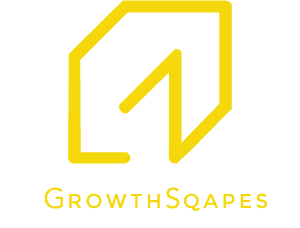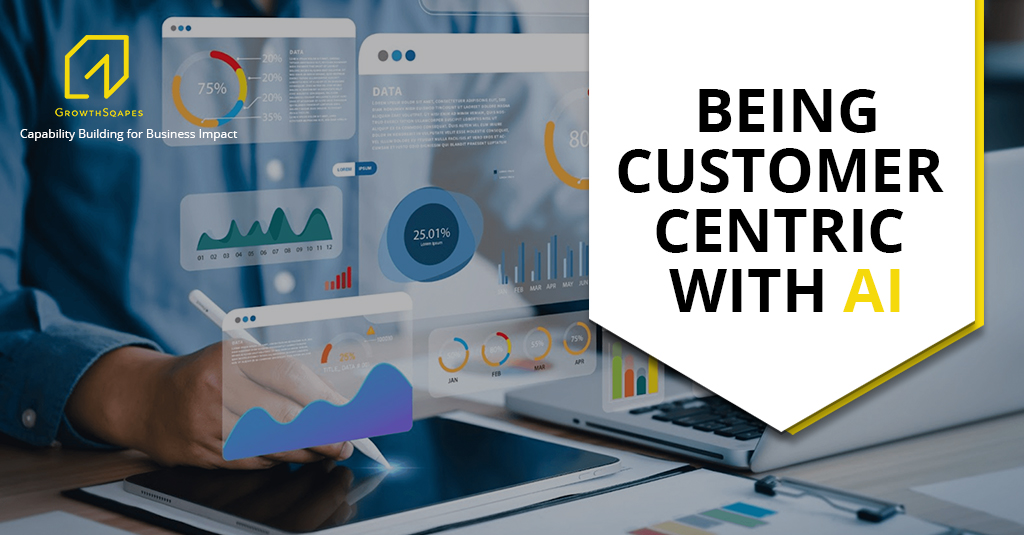“A customer is the most important visitor on our premises. They are not dependent on us. We are dependent on them. They are not an interruption in our work – They are the purpose of it. We are not doing them a favor by serving them. They are doing us a favor by giving us the opportunity to serve them”…………………………………………………………………………Mahatma Gandhi.
If the above quote is something that captures the very essence of any business, being customer-centric may mean different things to different organizations. An organization, whose sole purpose is to strive at creating a unique customer experience, must revisit it’s priorities in the context of the ever-changing business environment they operate in; an environment where customers want instant gratification and are spoilt for choices and there are increasingly more choices for them to choose from. Needless to say, it is critical for organizations to re-look at their processes and how they function to put Customer First.
So, what does being customer centric mean?
We see it as the ability of an organization to understand the customer, needs, wants, perceptions, situations, and expectations and constantly deliver on them. Customer centricity leads to a unique customer experience. While this is what many organizations strive for, what makes being customer-centric challenging is that customers’ expectations are changing rapidly and organizations, sometimes take a very myopic view, addressing only smaller problems rather than anticipating and addressing larger pain areas that may arise in the future.
Taking a futuristic view of providing a patented customer experience, some organizations have started getting better results by blending Artificial Intelligence with the human experience. To make the point, let’s look at a study by Capgemini that emphasizes why it makes sense to leverage AI to deliver a superior customer experience.
From robots delivering our groceries to the ability to take a car for a virtual test drive, AI offers seemingly countless, innovative ways to meet the growing desire to avoid human or touchscreen contact in the wake of the COVID-19 pandemic. It’s no wonder then that over three-quarters of customers expect to increase the use of touchless interfaces – such as voice assistants and facial recognition and 62% will continue to do so post-COVID. But are organizations doing enough to keep these customers happy?
In the latest report from the Capgemini Research Institute – The Art of customer-centric artificial Intelligence –which surveyed over 5,000 customers across twelve countries and more than 1,000 industry executives across eight major industries to track organizations’ progress with the AI-powered customer experience, it was found that:
- To transform customer satisfaction performance, organizations must deliver a relevant, humanized, intent-driven AI experience that delights customers beyond their expectations.
- “Context-aware” AI use cases – the ones that customers find more personalized, empowering, and effortless – are more beneficial to customers
- To deliver tangible value to customers, use cases must be carefully selected and scaled.
- To earn customer trust and loyalty will require strong ethical foundations – including transparency, fairness, and data privacy.
If the above report is anything to go by, then let’s ponder on what else can AI do to address the need of being more customer-centric.
AI allows the organization to assess which customers are likely to stick and which customers are likely to move on and in that process reassess which customers they must focus on and which customers they are willing to let go of.
AI also allows them to stock up on inventory ensuring a regular pipeline of products and services that the customer may want in the future. Furthermore, AI also allows organizations to customize their experiences to suit the needs and wants of the customers thereby enhancing the experiences and the offering.
While AI addresses these needs, over a period of time, it can also provide critical data and understanding of the feelings of the customers it caters to. For example, how are customers feeling, based on their reviews, the products they have liked, the websites they view and so many other things provide insights into customizing their experiences and being more customer-centric.
A pertinent question that arises at this stage is; will AI replace humans in creating a superior customer experience?
The one-word answer to that is… NO. Customer experience is a result of how customer expectations are being met. AI lacks the necessary emotional intelligence and nuanced communication skills that humans possess. Humans are far better equipped to handle complex situations that require empathy and deep understanding. Humans can also read and respond to social cues that AI cannot pick up on. Emotional intelligence is crucial in providing a customer experience that exceeds expectations and building customer loyalty.
So, what’s the way forward and why?
For products and services of those industries and organizations which are high-involvement products and high-involvement purchases for customers, like buying a house, a car, investments in retirement savings etc, people would choose the human experience of going out and meeting humans to arrive at a purchase decision. Focus on human interaction here is paramount. The leadership of these organizations must focus on sales training and customer service skills training apart from focusing on leadership development to equip managers on handling humans. Other organizations embracing technology & AI must figure out which tasks to assign to technology and which ones to assign to a human and thereby find an appropriate balance for themselves and in the eco-system they operate in. To conclude, it’s important to remember the value of the human touch. While AI can bring significant efficiencies, it’s crucial to strike the right balance between automation and human interaction. Hence blending AI with human experience is the way forward for many organizations and industries.
This blog has been written by Rupender Khaira, an Associate Partner with Growthsqapes

